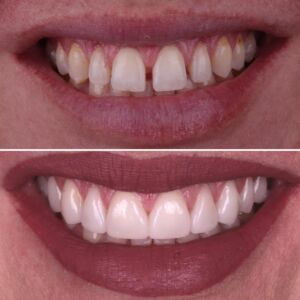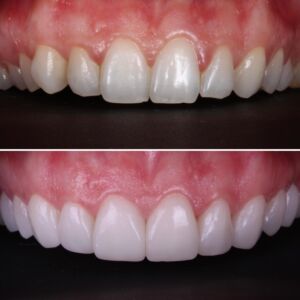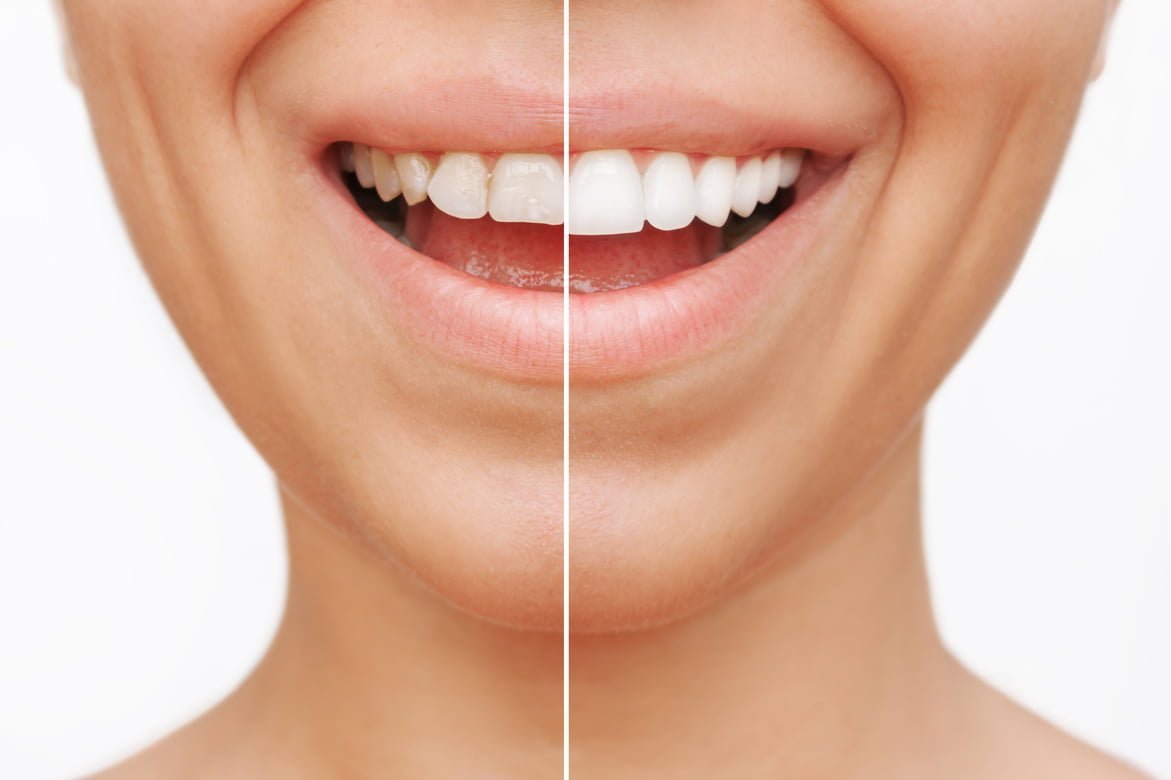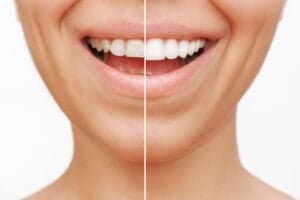Questions to Ask Before Getting Veneers: A Guide to Ensuring Quality and Aesthetics at Transcend Specialized Dentistry
If you’re considering veneers to improve the appearance of your smile, it’s essential to make an informed decision about the process, materials, and provider. Not all veneers are created equal, and choosing the right type and specialist can significantly impact your satisfaction with the results. We’ll discuss some key questions to ask during any consultation you have, highlighting the importance of quality, fit, and aesthetics in your decision-making process.
Frequently Asked Questions
What types of veneers are available, and which is best for me?
There are several types of veneers, including porcelain or composite, and prep or no-prep veneers. Each type has its advantages and drawbacks, and the best choice for you will depend on factors such as your budget, dental health, and desired results. During your consultation at Transcend, our specialists will discuss the pros and cons of each type and recommend the most suitable option for your specific needs.
How do you ensure the quality and aesthetics of the veneers?
A dental professional’s eye for detail and understanding of beauty are crucial in achieving optimal aesthetic outcomes with veneers. At Transcend, our experienced team is committed to delivering exceptional results by combining skill, artistry, and the latest technology. Don’t hesitate to ask about our experience and expertise in cosmetic dentistry and request to see before-and-after photos of previous patients. This will give you a better idea of the results you can expect and the level of skill and artistry involved in our work.
Can veneers cause bad breath or gum inflammation?
Good quality veneers with proper care should NOT cause bad breath or gum inflammation. Poorly fitting veneers can indeed lead to bad breath and gum inflammation. This is often due to excess cement or an improper fit, which can create a breeding ground for bacteria. To avoid these issues, it’s essential to choose a specialist with a track record of creating high-quality, well-fitting veneers. Don’t be afraid to ask about our process for ensuring a precise fit and what steps we take to minimize the risk of complications.
Are veneers reversible or removable?
Some veneers, such as no-prep veneers, may be reversible or removable. However, traditional porcelain veneers typically involve the removal of a small amount of tooth enamel, making the procedure irreversible. During your consultation at Transcend, our specialists will address your concerns about reversibility or removability and help you understand how this may influence the type of veneers you choose.
What materials do you use for veneers, and why?
The quality of materials used in veneers can greatly impact their appearance, durability, and overall satisfaction. Common materials include porcelain and composite resin, with porcelain generally considered the gold standard for aesthetics and longevity. At Transcend, we prioritize the use of high-quality materials to provide the best results for our patients. We utilize lithium disilicate and feldspathic porcelain to achieve beautiful and long lasting outcomes in our smile makeovers.


Can Veneers be Repaired?
Veneers are a great way to enhance the appearance of your smile, but sometimes they can experience damage, such as chipping or cracking. The good news is that in many cases, veneers can be repaired.
Small chips or cracks may be fixed with a composite resin or bonding material, which can help restore the veneer’s appearance.
However, if the damage is more severe, like a large crack or if the veneer is broken into pieces, the best solution would likely be to replace the veneer entirely.
In addition to physical damage, veneers can become loose over time due to factors like bonding issues or wear. If you notice your veneer feeling loose or uncomfortable, it’s essential to visit your dentist promptly to prevent further issues.
A veneers specialist will assess the damage and determine whether a repair or replacement is the best option. Regular dental checkups and taking care of your veneers will help minimize the need for repairs.
Is There a Warranty for Veneers?
One of the most common questions patients have is whether veneers come with a warranty. Many dental clinics, including Transcend Dentistry, offer warranties on veneers to provide peace of mind to patients. Typically, these warranties cover issues such as defects in the material or bonding failures that occur within a specified period, often 5 to 10 years.
However, the specifics of the warranty can vary depending on the clinic, the type of material used for the veneers, and the terms of the treatment plan.
It’s important to note that the warranty may not cover damage caused by accidents, improper care, or wear and tear over time. This is why maintaining good oral hygiene and following your dentist’s aftercare instructions is crucial to prolonging the lifespan of your veneers.
Be sure to ask about the warranty during your veneers consultation to ensure you fully understand the coverage and any conditions that may apply.
Can Veneers Be Made in a Single Day?
Yes, it is possible to get veneers made in a single day, thanks to advancements in dental technology. Same-day veneers are made possible through the use of CAD/CAM (Computer-Aided Design and Computer-Aided Manufacturing) systems. These systems allow your dentist to design and fabricate your veneers in-house, right at the dental office, typically in just a few hours.
This option is incredibly convenient for patients who are looking for a quicker solution, as it eliminates the need for multiple appointments. The process involves creating digital impressions of your teeth, designing the veneers using special software, and then milling the veneers from high-quality ceramic materials right on-site.
However, not all patients are suitable candidates for same-day veneers, especially if there are underlying dental issues such as gum disease or severe tooth damage. A veneers consultation with your dentist will help determine if this fast, efficient option is right for you.
Can Decay Get Under a Veneer?
While veneers are durable and provide an excellent solution for enhancing your smile, they are not impervious to decay. In some cases, if a veneer is not properly bonded to the tooth, or if the underlying tooth has existing decay that wasn’t addressed before the veneer was placed, bacteria can seep underneath the veneer and cause tooth decay. This can lead to further complications, including the need for the veneer to be replaced.
To prevent decay from developing under your veneers, it’s essential to maintain good oral hygiene. This includes brushing and flossing regularly, especially around the edges of the veneers, as plaque and bacteria can accumulate there.
Regular dental checkups will also help ensure that your veneers are properly fitted and that there are no signs of decay or gum issues. If you experience any sensitivity or discomfort after getting veneers, or if you notice any changes in the fit, it’s important to visit your dentist to check for potential problems.
Conclusion:
When considering veneers, it’s essential to focus on quality, fit, and aesthetics to ensure a satisfying and long-lasting result. By asking these key questions during your consultation, you can make an informed decision about veneers and feel confident in your choice. Remember, the expertise and experience of your dentist or dental specialist play a crucial role in achieving the beautiful smile you desire, so don’t hesitate to schedule a consultation to discuss your needs and expectations.
Read More:
Advantages of Digital Dentures


